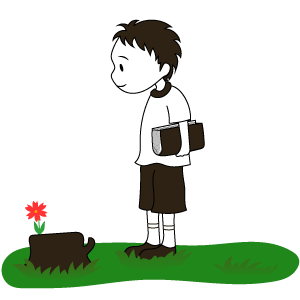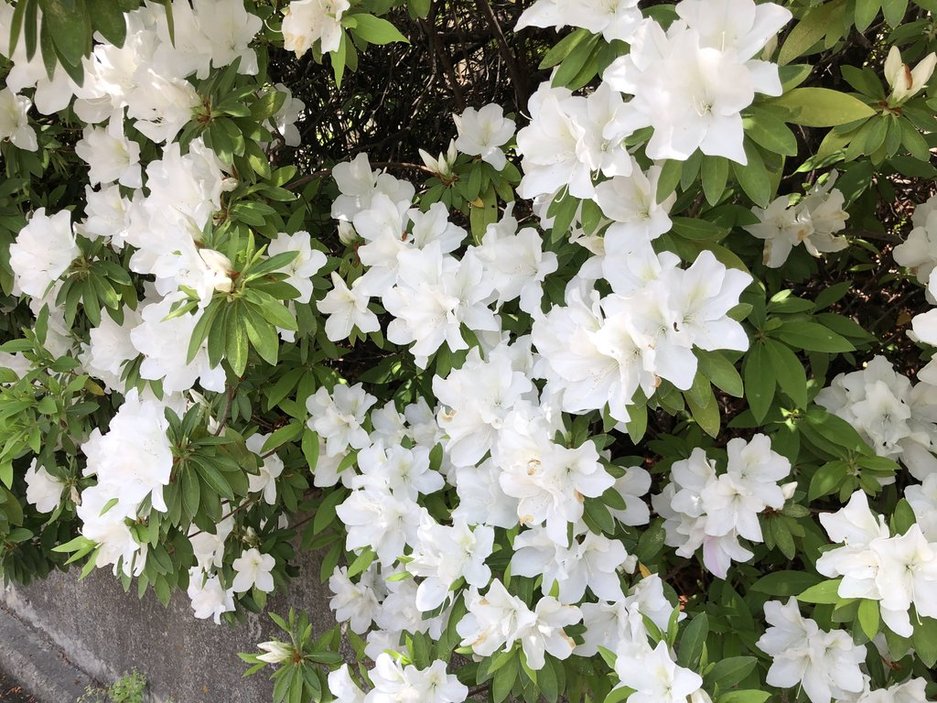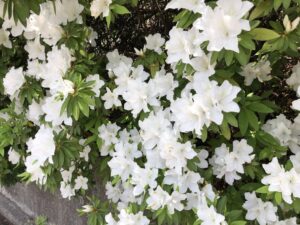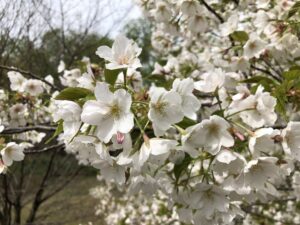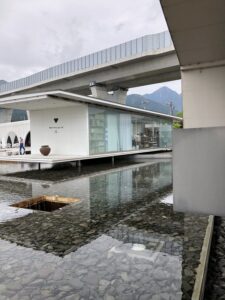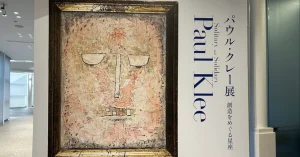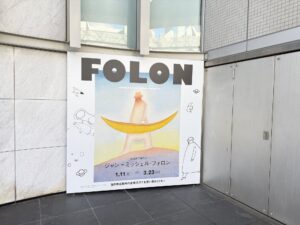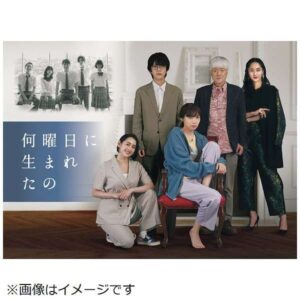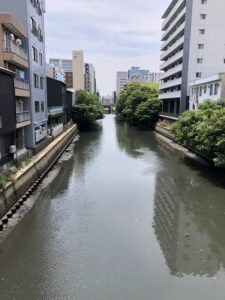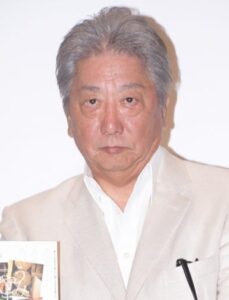For one reason or another, I suddenly got sick of Netflix and switched my subs channel subscription to U-NEXT.
After a while, I found out that I could also watch NHK On Demand if I paid an additional amount.
I thought this was a good idea, so I searched for various programs and discovered past Taiga dramas.
The mention of Taiga Drama reminds me of the TV situation in the house I grew up in.
Anyway, my family was very strict about TV and only allowed us to watch it from 7:00 to 8:00 p.m. (To tell you the truth, we worked together, so we could watch as much as we wanted from the time we got home from school until our parents came home).
) This restriction left me with a lot of bad memories, such as the topics of conversation with my classmates, which I still hold a grudge against, but I’ll write about that separately.
Perhaps because I thought it would be a good way to study history. I watched (or rather was forced to watch) the Taiga while studying.
And when I finished watching, I was asked for my opinion of that one episode. That was a very unpleasant habit, and if I said anything strange, they would get angry with me. So I was forced to watch it seriously.
Of course, since the drama was produced by NHK, it cost a lot of money and was worth watching, so other than that habit, it was one of my favorite parts of the week.
Later, when I grew up and started working, I watched only the Taiga Drama in real time for a while. I didn’t feel like Sunday was over unless I watched it. So I somehow felt uncomfortable watching them on recordings or reruns. Habit is a terrible thing.
And, as those who watch the drama know, after the main program, there is a small introductory program about the people and places related to this broadcast episode about five minutes after the main program ends, and after that, I would automatically and on my own comment on the main program.
Really and truly, habit is a terrible thing.
But one year, I stopped watching the big episodes. Probably from the time when they started to have a two-part system, like modern dramas. I still think that I still want the Taiga to be done slowly over the course of a year.
So, as I went back to U-NEXT and looked at the titles of the Taiga I had missed, I started watching the ones that had recently become popular.
And as I started watching, I thought to myself, “Oh, this is interesting. It’s interesting.
I then started watching “Kamakura no Dono no 13inin”, “Kirin ga Kuru”, and now “Sanadamaru” in a wave of excitement. All of them were well-known at the time of their airing, and I was not betrayed by their quality.
In other words, they were all that good, as a matter of course. And when I became free to watch them for study or out of habit, I realized that good works are always addictive. As soon as you see it, you want to see the next one.
Just like foreign dramas at one time.
Poorly made dramas do not have that. Sometimes I watch a batch of dramas, such as the monthly 9 drama series on commercial TV, but I can’t help but notice flaws in the production and quit watching them halfway through.
I feel that these dramas are meant to be left open for a week and watched casually at the end of the workday.
This “addictiveness” is not limited to historical dramas, but may be necessary for novels and manga as well, the longer they are made.
It becomes a chore to even turn to the next page. I would love to write such a novel.
And since U-NEXT has a large number of epics that I haven’t watched yet, I won’t have any trouble for the time being. And when I have finished watching them, I will take a closer look at the episodes I was forced to watch and comment on back then.
I wonder what I will think of it then, and I would like to compare my impressions with those of that time….
See you later.
“ Spring winds make me take a bigger breath than usual. “
